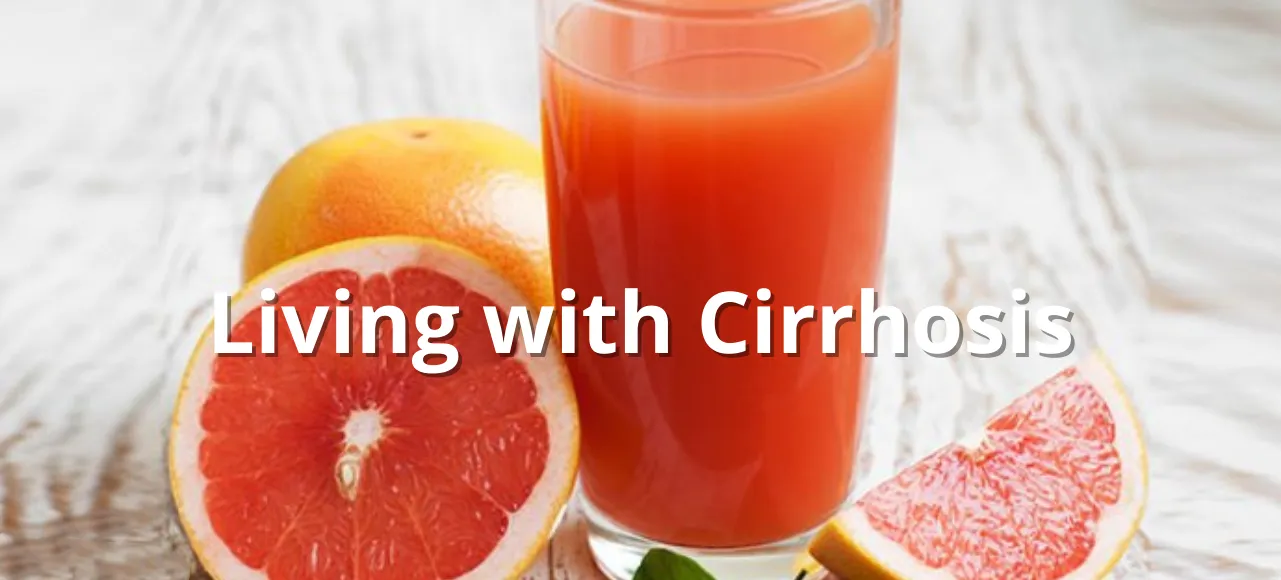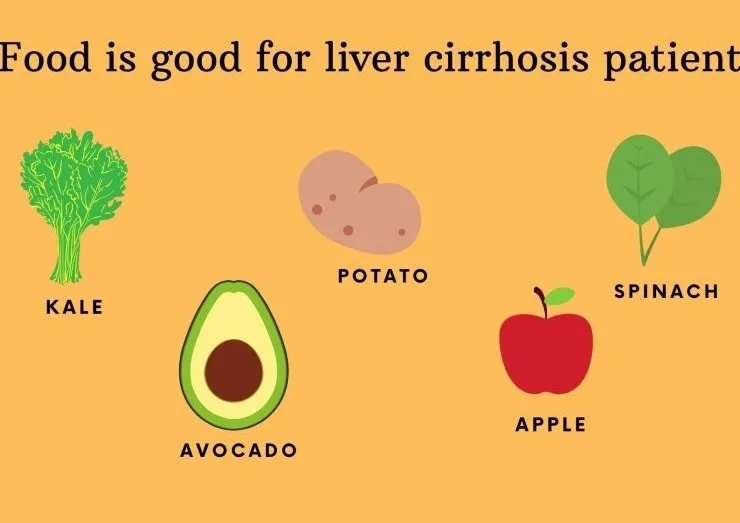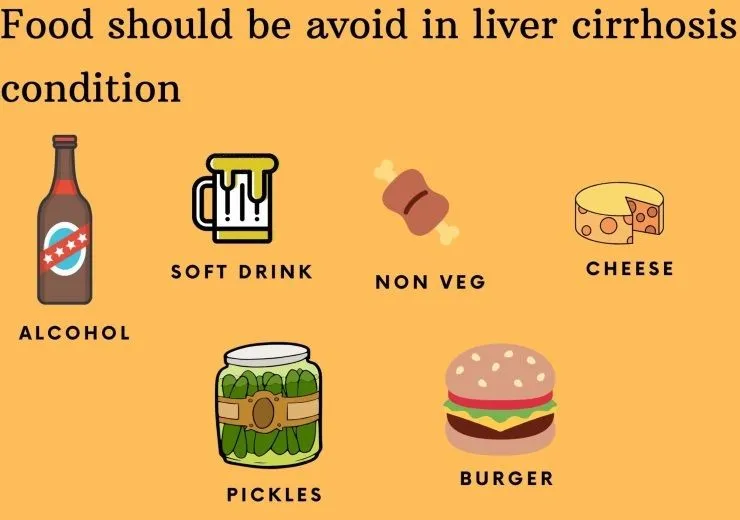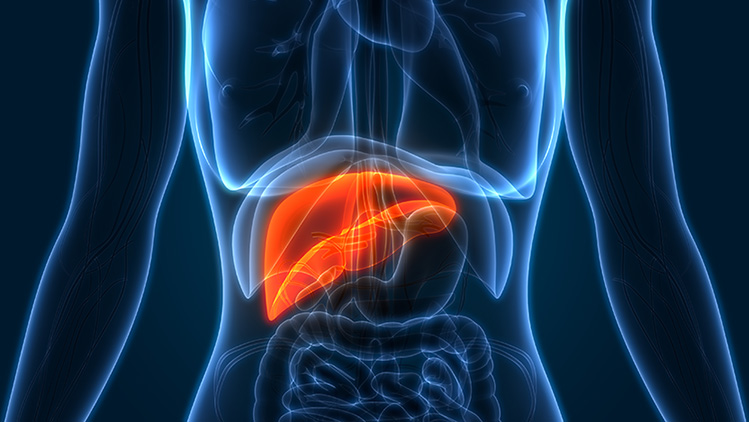Cirrhosis is a late-stage liver condition in which good liver tissue is replaced by scar tissue, causing permanent damage to the liver. Scar tissue obstructs your liver’s ability to function normally.
Healthy liver cells are injured by a variety of diseases and situations, resulting in cell death and inflammation. This is followed by cell repair and, as a result of the repair process, tissue scarring.
Risk factors for cirrhosis
Chronic hepatitis B or C, as well as excessive alcohol intake, are the most common causes of cirrhosis. Autoimmune liver disease, fatty liver, and rare hereditary illnesses such as hemochromatosis and Wilson’s disease are all examples of autoimmune liver disease.
Cirrhosis causes irreversible liver damage, yet a person with early cirrhosis can have a very active life for many years. However, they must seek treatment from a liver specialist in Mumbai. Cirrhosis of the liver, when advanced or a cirrhosis complication develops, necessitates a liver transplant.

What are the things you should follow if you have liver cirrhosis?
Do’s:
A proper plan for adequate treatment, detailed assessment of the liver is required to grade the disease.
In early cirrhosis, regular liver function testing and follow-up with the doctor are mandatory every 1-3 months. However, in advanced cirrhosis, the patient requires a regular liver function test and follow-ups every 1-4 weeks.

A liver specialist will determine the precise time between check-ups based on the symptoms and disease incidence. In the case of chronic liver disease, a nutritious diet is critical for proper liver function. Except in extreme jaundice cases, digestion remains normal until it is extremely late stages of liver cirrhosis.
As a result, the misconception that all causes of liver disease necessitate total avoidance of fatty foods and proteins is wrong. In most cases, this is needless and dangerous, as it leads to malnutrition, weight loss, and faster deterioration of health.
Actually, Liver Cirrhosis patients’ needs high Protein and calorie food. On an average Cirrhotic patient will require 1-1.5 gm of protein/Kg of weight/day. Similarly, they will need 30-35 kcal/kg of weight/day.
If the HBV DNA test is positive in cirrhosis caused by Hepatitis B, a patient will require antiviral therapy in consultation with the Mumbai liver specialist.
If the patient suffers from an early stage of cirrhosis due to Hepatitis C, very good oral antiviral therapy is available to cure this disease.
Don’ts:

In cirrhosis, one should avoid alcohol entirely at all costs. Patients will need to avoid a high salt diet; salt is restricted to just 2 gm/day. All high salt food like pickles, bakery items should be avoided.
Self-medication is risky since the liver is not functioning properly. It can harm more to the already weakened liver.
Exercise: Another misconception for cirrhosis patients is they need to rest. Actually, keeping one active, doing physical activity and limb and lung exercise is very important. If a cirrhotic patient will not do exercises, he will start losing muscle mass very fast which will make him prone for infections.
Diet for cirrhosis patients: There are some ingredients and liquids that a patient should limit while they are on a cirrhosis diet. In contrast to other diets used to treat medical problems, they will have a greater range of nutritious and delicious ingredients to choose from. These ingredients include organic fruit, whole grains, and plant-based protein.
Fruits and vegetables: Choose fresh produce over frozen kinds, which are also high in salt and sugar. One can add fruit to cereal or oats for added protein, fibre, and natural sweetness. Apples are high in fibre. They are safe and suitable for your health.
Dairy: Low-fat yogurt, small quantities of low-sodium hard cheese, and plant-based milk such as almond or soy milk are all popular options.
Grains: Instead of processed white flour, use brown rice, whole-grain bread, cereals, and pasta.
Protein: One should avoid red meat and any canned lunch meat or sausage, which is not allowed on a cirrhosis diet. Small portions of skinless lean meat, some fresh-caught fish varieties (like salmon), and egg whites can be appropriate. A high protein diet is very important for Cirrhosis patients.
Desserts: It is safer to skip packaged desserts like cake, cookies, brownies, etc. They are rich in sugar and salt. Pastries, doughnuts, and muffins all need to be avoided until they can make their own low-fat, low-sugar, and low-salt varieties.
Beverages: If a person has liver cirrhosis, they must not drink alcohol. However, plenty of other choices are available for them. Water is the most hydrating choice, so if the patient is on a low-sodium diet, read the labels on bottled water and see if it contains sodium. They can have pasteurized milk and juice also.

